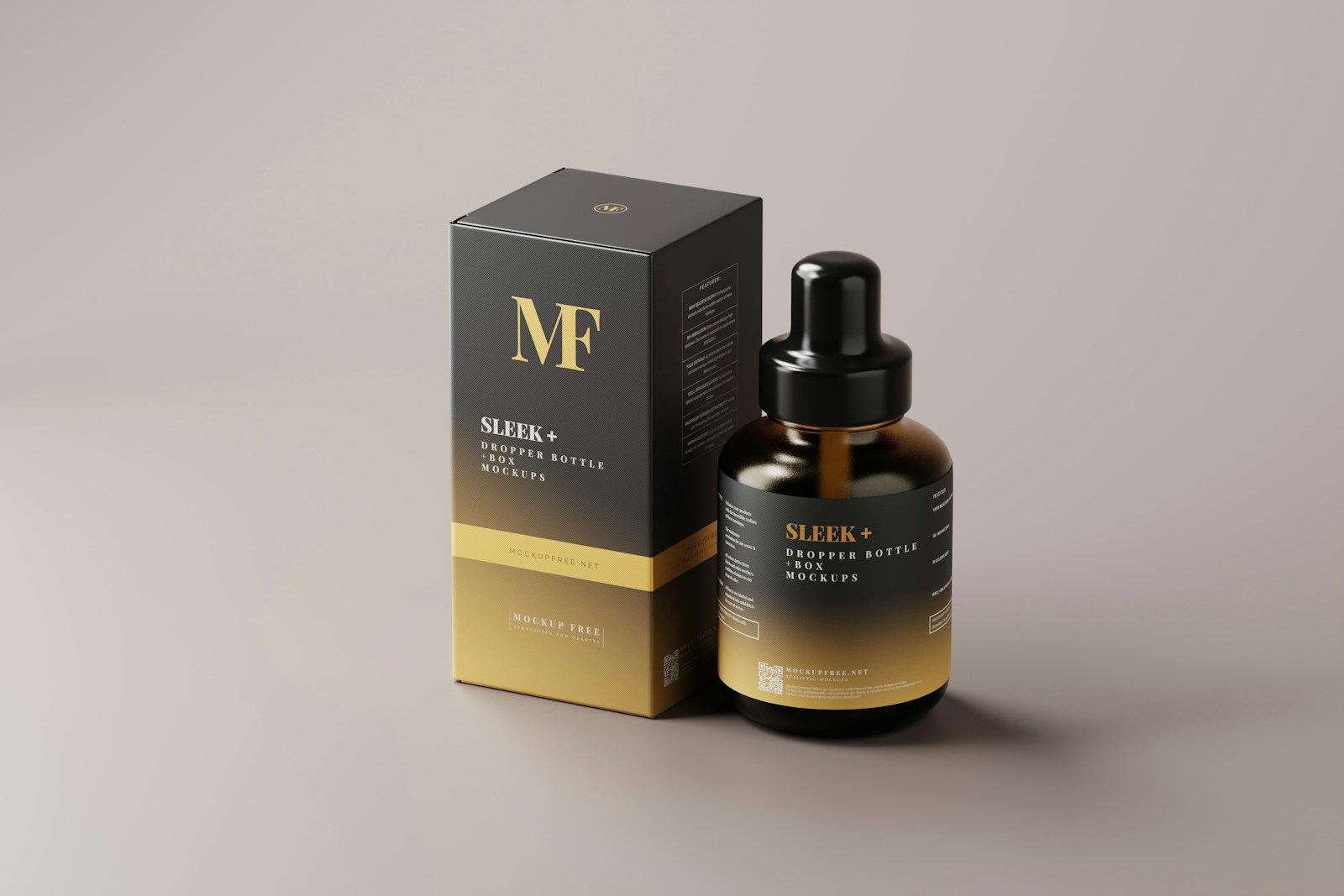
瓶子
píng zi

bottle
The Chinese word for 'bottle' is '瓶子'. It is used the same way as it is in English, i.e., to refer to a container with a neck that is narrower than the body and a mouth that can be plugged, corked, or capped. It can be used in several contexts, such as a bottle of water (一瓶水), a bottle of wine (一瓶酒), etc.
Example sentences using: 瓶子
这个瓶子是我的。
Zhège píngzi shì wǒ de.

This bottle is mine.
This phrase shows possession of the bottle by the speaker.
他拿着一个瓶子。
Tā ná zhe yīgè píngzi.

He is holding a bottle.
This sentence describes the action of a person holding a bottle.
这瓶子里面有水。
Zhè píngzi lǐmiàn yǒu shuǐ.

There is water in this bottle.
This sentence tells about the contents of the bottle - it has water inside.
瓶子在桌子上。
Píngzi zài zhuōzi shàng.

The bottle is on the table.
This phrase gives the location of the bottle; it is placed on the table.
我要买一个新的瓶子。
Wǒ yào mǎi yīgè xīn de píngzi.

I want to buy a new bottle.
This sentence is about the speaker's intention to buy a new bottle.
她把瓶子放进冰箱里。
Tā bǎ píngzi fàng jìn bīngxiāng lǐ.

She put the bottle in the refrigerator.
The sentence describes the action where a person puts a bottle into a refrigerator.
请把瓶子给我。
Qǐng bǎ píngzi gěi wǒ.

Please give me the bottle.
This is a request sentence where the speaker is asking someone to hand them the bottle.
那个瓶子是空的。
Nàgè píngzi shì kōng de.

That bottle is empty.
This phrase describes the state of the bottle, indicating that it is empty.
你能打开这瓶子吗?
Nǐ néng dǎkāi zhè píngzi ma?

Can you open this bottle?
This sentence is a request for help to open a bottle.
瓶子里的饮料是甜的。
Píngzi lǐ de yǐnliào shì tián de.

The drink in the bottle is sweet.
This phrase describes the taste of the drink or beverage within the bottle as being sweet.